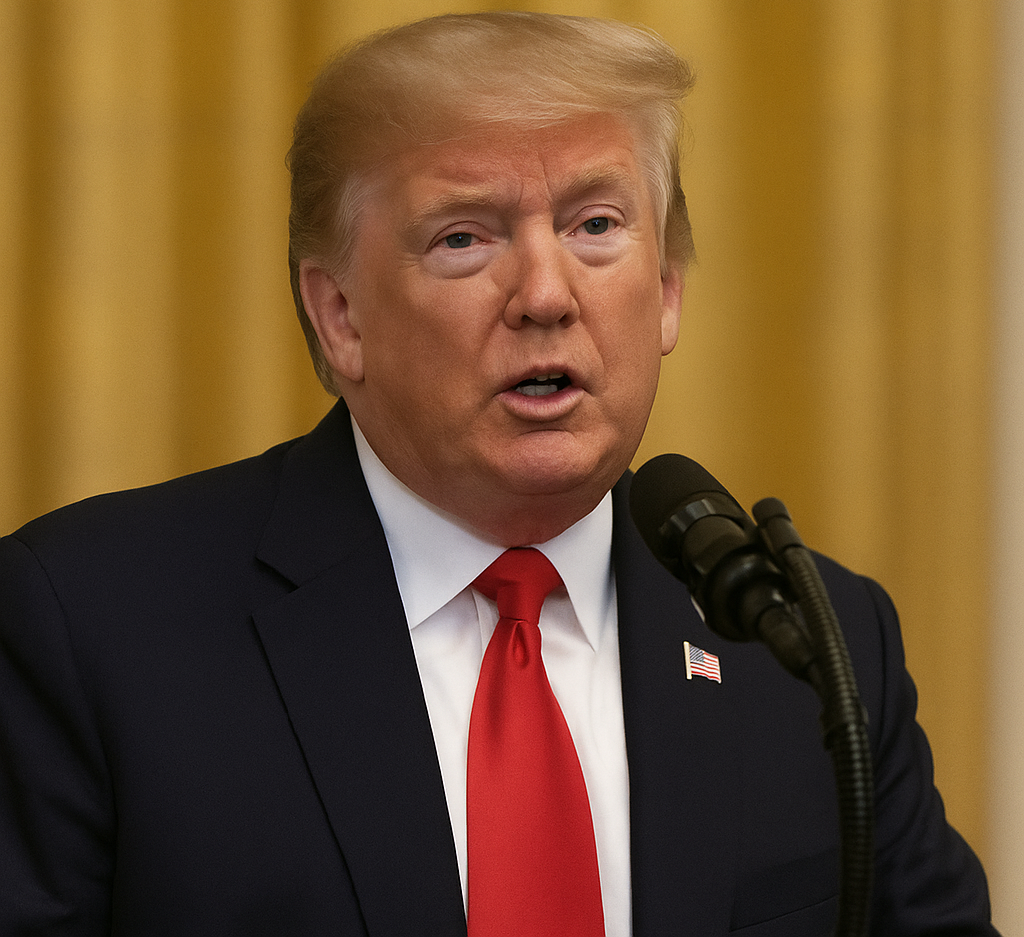Trump and Jaishankar Highlight Sharp Contrasts at United Nations
A Fractured Global Forum
The 80th session of the United Nations General Assembly (UNGA) in New York brought to the forefront deep divisions over the future of international governance. With two prolonged wars destabilizing global consensus, the chorus demanding reforms at the UN was louder than ever. Yet amid the shared acknowledgment of the institution’s declining relevance, two starkly different approaches—one led by US President Donald Trump and the other by India’s External Affairs Minister S. Jaishankar—emerged as defining features of the debate.
Trump’s Nationalist Lens
President Trump’s address was as dramatic as it was confrontational. After an awkward start, with technical glitches disrupting his entry, he leaned into his trademark style—railing against what he described as the UN’s failures. His speech focused heavily on themes of sovereignty, national security, and cultural identity. Trump cast the UN as weak in the face of terrorism, mass migration, and global crises such as biological threats, using these challenges to justify a retreat into nationalism.
Much of his rhetoric echoed ongoing debates within the US. His attacks on illegal immigration, green energy, and international institutions mirrored the growing conservative backlash at home. Framing freedom of expression and religious liberty through a Judeo-Christian lens, he warned against cultural dilution while asserting the need to “reverse globalism.” The message was clear: the United States would assess its global standing by economic performance, military dominance, and the preservation of national identity, not by commitments to multilateral frameworks.
Jaishankar’s Multilateral Vision
Standing in sharp contrast was Jaishankar’s address, which reflected India’s growing leadership role in representing the Global South. He emphasized the imperative of cooperation, describing nations as interdependent actors bound by shared challenges. Stressing “a duty to contribute and an obligation to motivate,” Jaishankar framed multilateralism not as a lofty principle but as a practical necessity in tackling terrorism, climate change, and development gaps.
India highlighted its investments in over 600 major projects across 78 countries, from infrastructure to food security initiatives. The focus on the “four Fs”—finance, food, fertilizer, and fuel—underlined the immediate concerns of developing nations. For much of the Global South, Jaishankar argued, choices are constrained by ongoing conflicts and resource shortages, and the UN must evolve beyond symbolic gestures to provide tangible solutions.
The Global North-South Divide
The juxtaposition of Trump’s nationalism and Jaishankar’s multilateralism underscored the widening rift between developed powers and emerging economies. While Trump’s remarks represented a recoil from globalism, India’s call was for inclusive governance that respects diverse histories, traditions, and cultures. This divide reflected not only ideological differences but also the structural imbalance of global institutions, particularly the UN Security Council, which remains resistant to reform.
UN at a Crossroads
The General Assembly this year showcased both the persistence of old demands—such as reforming the UN’s core structures—and new threats shaped by global conflicts and strategic disengagement by key powers. The United Nations now finds itself trapped in a paradox: reliant on major economies for funding yet expected to act as an unbiased, democratic platform.
As the UN moves toward its centenary, its credibility will rest on its ability to adapt to shifting geopolitics. If Trump’s inward-looking nationalism gains momentum, the institution may face further constraints. For the Global South, however, this moment offers an opportunity to step up, assert leadership, and push for reforms that better reflect 21st-century realities.








